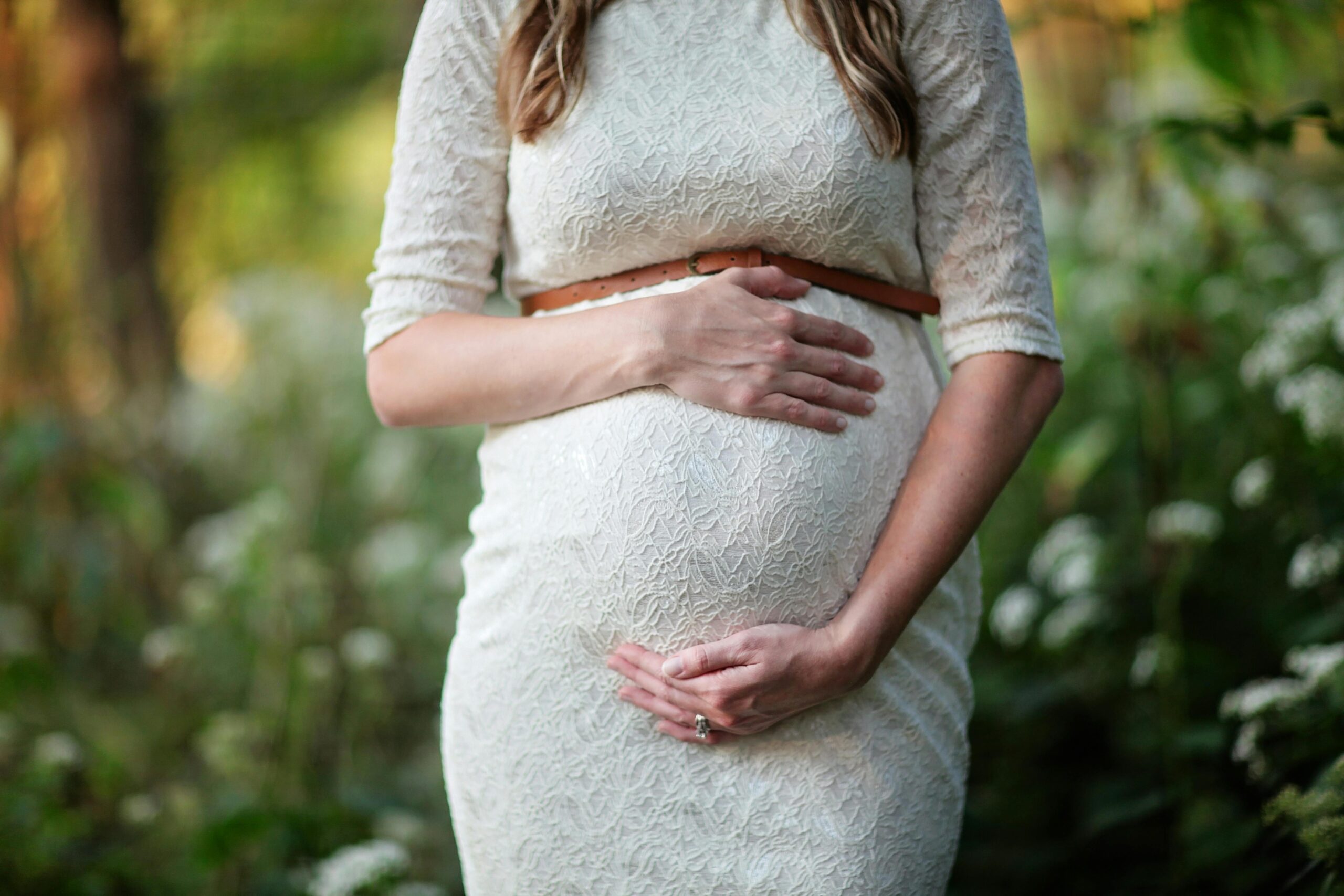Introduction
Dreaming of starting a family? Your diet can significantly enhance your fertility and improve your chances of conceiving. This 28-day plan is designed to provide essential nutrients that support reproductive health, creating an optimal environment for conception.
Understanding Fertility and Nutrition
Nutrition plays a critical role in fertility. A balanced diet can improve egg quality, regulate menstrual cycles, and promote a healthy uterine environment for implantation.
Key Nutrients for Fertility
- Folic Acid: Crucial for early fetal development and helps prevent neural tube defects. Consume legumes, fortified cereals, and leafy greens.
- Iron: Supports the production of red blood cells, which are vital for carrying oxygen to your tissues and future baby. Find iron in lean meats, fish, and fortified cereals.
- Calcium: Needed for bone and tooth development. Good sources include dairy products, leafy greens, and fortified meals.
- Vitamin D: Essential for calcium absorption and reproductive health. Get it from sun exposure, fortified dairy, or supplements.
- Zinc: Aids in hormone regulation and boosts immunity. Include lean meats, whole grains, and seeds in your diet.
- Antioxidants: Protect reproductive cells from damage. Berries, nuts, and leafy greens are great antioxidant-rich foods.
The 28-Day Diet Plan
Week 1: Cleanse and Detox
- Focus on whole, unprocessed foods.
- Increase your intake of fresh fruits, vegetables, and whole grains.
- Eliminate processed foods, sugary drinks, and limit caffeine.
- To stay hydrated and flush out toxins, drink lots of water.
Week 2: Boost Your Folic Acid
- Eat folate-rich foods like spinach, kale, beans, and fortified cereals.
- Consider a prenatal vitamin with folic acid, as recommended by your healthcare provider.
Week 3: Nourish with Iron
- Include iron-rich foods such as lean meats, poultry, fish, and lentils.
- Pair iron sources with vitamin C-rich foods like citrus fruits or bell peppers to enhance absorption.
Week 4: Strengthen Bones and Teeth
- Increase your calcium intake with dairy products, leafy greens, and fortified plant-based alternatives.
- Ensure adequate vitamin D by incorporating fortified foods and safe sun exposure.
Additional Fertility-Boosting Tips
- Manage Stress: Chronic stress can negatively impact fertility. Practice relaxation techniques such as yoga, meditation, or deep breathing to support hormonal balance.
- Limit Alcohol and Caffeine: Excessive alcohol and caffeine consumption may hinder fertility. Keep them in moderation or avoid them when trying to conceive.
- Maintain a Healthy Weight: Both overweight and underweight individuals may face fertility challenges. Focus on balanced meals and regular exercise to maintain a healthy body weight.
- Consult a Healthcare Provider: Before making major changes to your diet, talk to your doctor. They can help tailor your nutrition plan to fit your specific needs and health conditions.
Conclusion
A well-rounded, nutrient-dense diet is essential for preparing your body for pregnancy. This 28-day plan, packed with fertility-friendly foods, supports your reproductive health and increases your chances of conception. Combine these dietary changes with stress management, exercise, and a healthy lifestyle for the best results. Don’t forget to consult your healthcare provider for personalized advice on your fertility journey.
